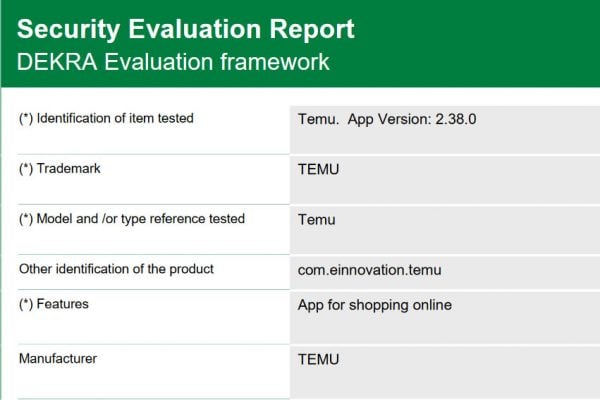 In Europe the “right to be forgotten” forced search engines to remove irrelevant, outdated, or otherwise inappropriate information about you from search result pages was introduced back in 2014. Google introduced a form to make it easy to submit requests.
In Europe the “right to be forgotten” forced search engines to remove irrelevant, outdated, or otherwise inappropriate information about you from search result pages was introduced back in 2014. Google introduced a form to make it easy to submit requests.
This does not mean is that the webpage itself will disappear from Google and it’ll still be searchable on other search engines (unless you put in a request in to every search engine) and by typing in the URL directly. The information won’t even disappear from Google entirely, Google just hide it from European versions of its sites.
This apparently isn’t good enough for the French and they’re the first country to push for world wide deletions. In June the Commission nationale de l’informatique et des libertés (CNIL) ordered Google to delete results from all worldwide sites but Google have refused.
Google say that they have “thoughtfully and comprehensively” applied the European Court of Justice (ECJ) right to be forgotten ruling across their European sites and will continue to do so adding “but as a matter of principle, we respectfully disagree with the idea that a single national Data Protection Authority should determine which webpages people in other countries can access via search engines”.
In other words Google doesn’t want French (or any individual country’s) regulators to determine what can be surfaced on search results in a different territory.
I have some sympathy with Google here, if information is on the web why shouldn’t I be allowed to access it if it doesn’t break the laws of the country I’m in? Once information is on the web it’s pretty much out there forever, even if the original pages are deleted Internet Archives will often surface dead pages if you really want to revisit them.
CNIL say that they are not trying to impose their view globally and just want Google to fully observe the scope of the ECJ ruling. Google asked the CNIL to drop their demands. CNIL have now rejected Google’s request threatening fines of €150,000 ramping up to €300,000 for repeat offences.
What we should really all be asking is who has the right to decide what should or shouldn’t be searchable on the Internet and is it even worth demanding large search engines such as Google remove personal information on request when the webpages remain and smaller search engines still index those pages?








3 Responses
I think the EU have got internet privacy completely wrong, and look like old curmudgeons who utterly fail to understand the internet.
The “cookie law” is a complete waste of time, giving no benefit to anyone, and the “right to be forgotten” is laughable. Will the EU also demand that newspaper archives delete old stories because someone named in an old story asks for it?